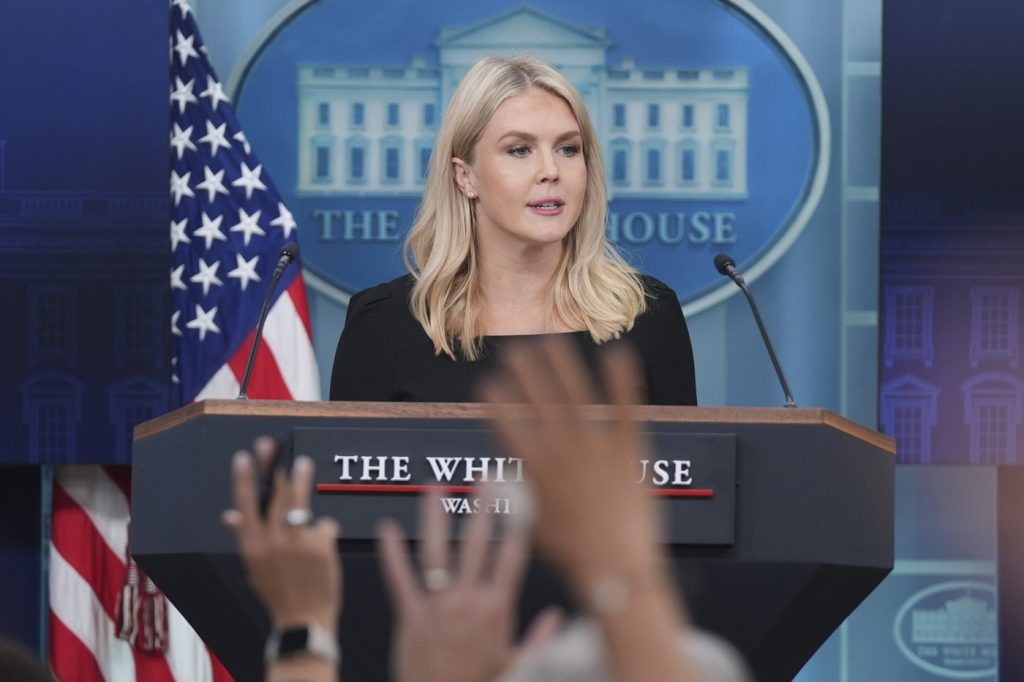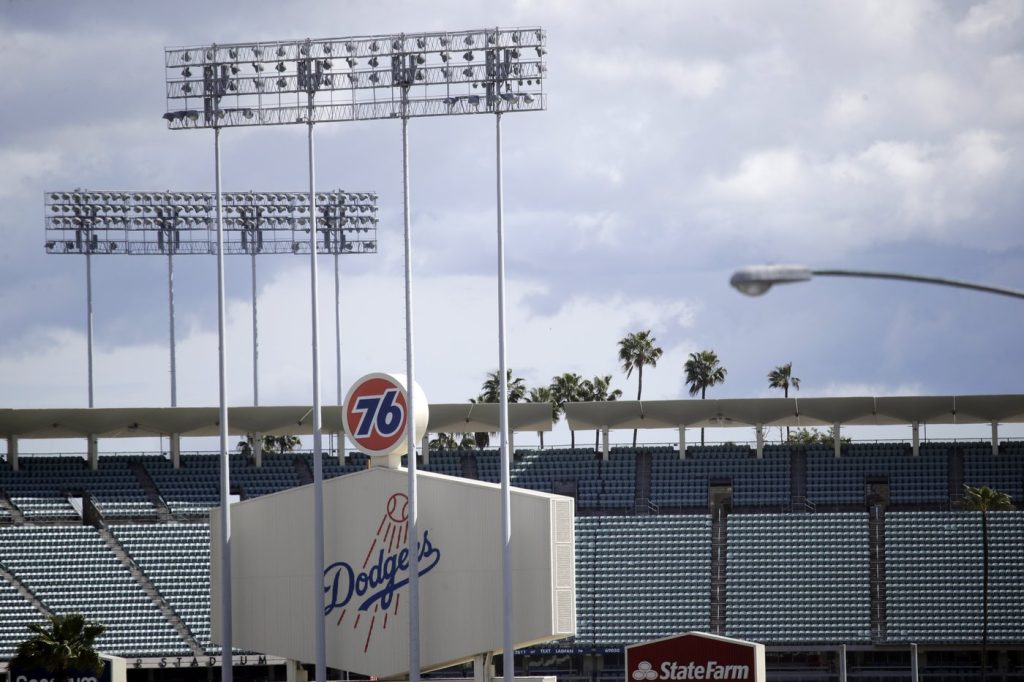On Thursday, June 19, 2025, President Donald Trump remained notably silent on Juneteenth, a significant occasion commemorating the end of slavery in the United States. This stark contrast to his previous engagement with the holiday during his first term in office raised eyebrows and prompted questions from reporters. Trump, who had honored Juneteenth in each of his first four years as president—even after it was designated as a federal holiday—failed to post anything about the occasion on his social media platform or during any public addresses.
White House press secretary Karoline Leavitt responded to inquiries about Trump's planned commemorations, stating, "I’m not tracking his signature on a proclamation today." She acknowledged the fact that Juneteenth is a federal holiday but did not elaborate on why Trump did not partake in its recognition as he had in the past. Initially, there was White House guidance suggesting that Trump would sign a proclamation honoring Juneteenth, making the absence of any acknowledgment all the more conspicuous.
On the same day, reports surfaced that Black community leaders and senior Trump administration officials gathered at the White House to discuss enhancing collaboration between the leaders and federal, state, and local partners. Among those present were Housing Secretary Scott Turner and Lynne Patton, director of minority outreach. However, just a day before Juneteenth, Trump's silence on the holiday diverted attention from the discussions that had taken place.
The significance of Juneteenth rests on the historical event of June 19, 1865, when news of freedom for enslaved Black people reached Galveston, Texas, delivered by Union soldiers, over two years after President Abraham Lincoln issued the Emancipation Proclamation. Trump's prior statements on this holiday had often highlighted the "soulful festivities and emotional rejoicing" connected with the celebrations in Galveston, showcasing his previous acknowledgment of African American contributions to the United States.
In his yearly proclamations, Trump emphasized themes of celebration and remembrance concerning Juneteenth. For instance, in 2017, he referenced the emotional responses of those receiving the news of their freedom. In the following years, he underscored the importance of recognizing the spirit and contributions of generations of African Americans, outlining their enriching roles in the nation's history. His statements from 2019 and 2020 conveyed both the injustices of slavery and the joy associated with emancipation.
In a controversial moment during his 2020 campaign, Trump planned a rally in Tulsa, Oklahoma, on June 19. This decision faced severe backlash due to Tulsa's historical significance related to the 1921 race massacre that devastated the city's Greenwood district, known as Black Wall Street. Facing intense criticism, Trump postponed the event by one day. He later claimed to have made Juneteenth "very famous," asserting that many were unaware of its significance prior to his statements.
In contrast, President Joe Biden, who succeeded Trump and formally established Juneteenth as a federal holiday in 2021, has consistently issued proclamations honoring the day during his presidency. Biden's approach displayed a more visible celebration of the holiday, including large concerts and events that featured renowned artists and significant public addresses. This year, he traveled to Galveston, Texas, to commemorate the occasion, underscoring a commitment to elevating the holiday's importance.
As the nation observes Juneteenth, the differences in how Trump and Biden engage with the holiday reflect broader narratives surrounding race, history, and leadership in the United States. Trump's absence this year highlights a shift from his previous engagement and raises questions about the ongoing significance of Juneteenth in national discourse.












